Rubber apron
- Brand: AZ safety
₵65.00
Store: Az safety
In stock
APRON
- PVC
- Imported
- VARIOUS APPLICATION SCENARIOS FOR YOUR DEMANDS : Good protection for kitchen, gardening, restaurant, dog grooming, cleaning, butchery, cook, chef, hair stylist, etc. It‘s comfortable to wear and has an adjustable length neck strap, so you can choose the suitable height for yourself.
- KEEPS YOUR CLOTHES CLEAN AND DRY: It’s also excellent for server aprons, waitress apron, cleaning fish apron,cooking apron, kitchen apron, barber apron or gardening apron. Waterproof leather Apron soft enough for extended wearing.
- BREATHABLE AND COMFORTABLE: Waterproof rubber vinyl apron are made out of high quality elastic fabric, delicately silky and breathable material. Suitable for butchers, waiters, cooks, chef, woodworkers, hairstylists, men and women.
- LIQUID AND OIL PROTECTION: The light and comfortable material of waterproof rubber apron is oil and liquid resistant while cooking, dishwashing, butchering, pet grooming, bbq, gardening etc. It repels oil and all liquids. You can get 2 pack vinyl aprons without worrying about spoiling it.
- ONE SIZE FITS ALL: Heavy duty apron is 40″ length, this black apron fits small and big builds and everything in between. Aprons for men, Aprons for women, Work Apron, grilling Apron
- FANTASTIC APRON GIFT: This men apron is gift idea for dad on Father’s day, Birthday, Thanksgiving Day, Christmas day. the grilling gifts for men, women, mother,dad, or other family members to prepare BBQ party with this waterproof apron.
Category: Personal Protection
Only logged in customers who have purchased this product may leave a review.
Please Login To Download Attachment
General Inquiries
There are no inquiries yet.


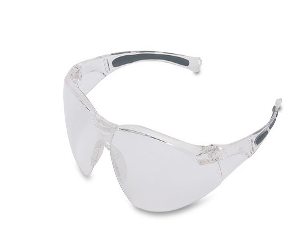
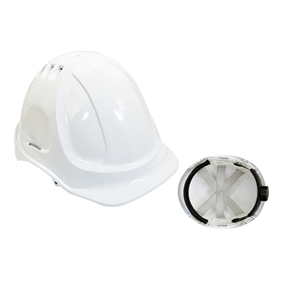
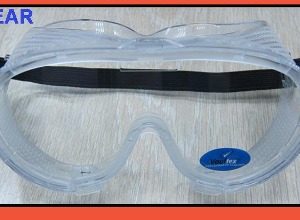

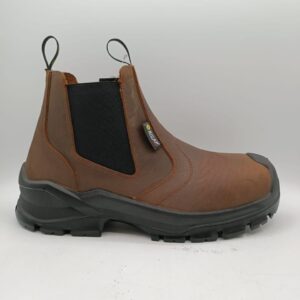
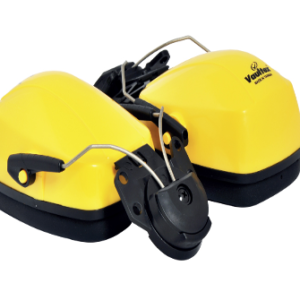
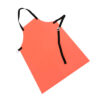
Reviews
There are no reviews yet.